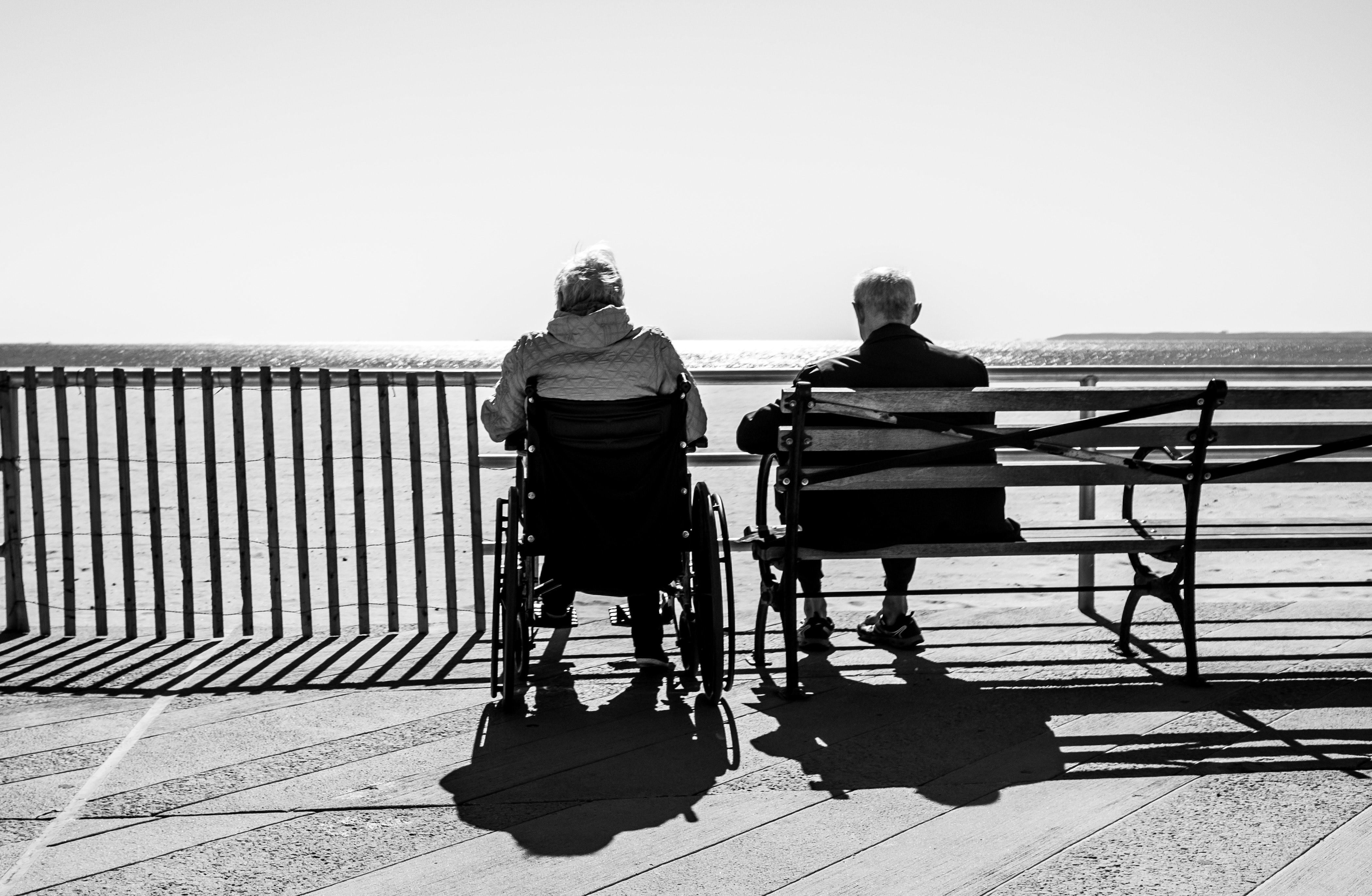Abandonment is a commonly overlooked form of abuse, most common with elder residents.
Fresno, CA – A male employee at a San Diego nursing home is set to stand trial in 2023 for forcing himself on a wheelchair-bound resident in early 2019. Beyond the horror of the case itself, say lawyers, lies the willful manipulation and blatant lying of the California Department of Health (CDPH).
Although the Department of Health’s official website mentions the case, it’s simply described as “employee-to-resident abuse”, which is misleading and downplays the seriousness of the assault.
While it’s never pleasant to contemplate nursing home abuse, it’s necessary that the general public has a realistic and accurate view of events. Frequently, Fresno nursing home abuse lawyers talk to clients who are shocked that such things happen at all. But they do, and people need to know that.
What are the different types of abuse?
- Financial and Material Abuse
While it’s tempting to associate abuse solely with physical violence, it’s not always the case. In many cases, residents of a long-term care facility are tricked, manipulated, or simply robbed by the nursing home staff, or even by other residents.
Some common signs of financial and material abuse include:
- Missing items / the resident frequently complaining about missing property;
- ATM withdrawals or credit card usage outside of the nursing home, even though the resident could not have left;
- Sudden changes to the resident’s will, power of attorney, or other financial arrangements.
California nursing home abuse lawyers also warn that signs of confusion about their financial arrangements, or an increased focus on their financial situation may also suggest the resident is being financially bullied.
- Sexual Abuse
Of course, a common form of abuse is violating the resident’s person or forcing them into unwanted sexual acts. Sexual abuse can be
- Rape;
- Forced nudity, or taking sexually explicit footage of a resident without their permission;
- Inappropriate touching and/or sexual language;
- Forced exposure to pornography, masturbation, flashing, or other sexual activities.
- Physical Abuse
While it’s possible for accidents to happen, the intentional use of excessive force against nursing home residents is legally regarded as physical abuse. Some classic forms of physical abuse include hitting, biting, kicking, shoving, burning, pinching, or otherwise manhandling the resident.
Force-feeding or forced ingestion of drugs (prescribed or unprescribed) are also forms of physical abuse, warn specialized nursing home abuse lawyers.
- Psychological Abuse

Elderly woman in glasses wiping eye with tissue; image by Jeremy Wong, via Unsplash.com.
Also sometimes referred to as emotional abuse, this refers to any activity or language that induces a state of panic, fear, anxiety, sadness or general suffering in the resident. Some common examples:
- Insulting and name-calling;
- Harassment and intimidation;
- Forced isolation from family/friends.
- Abandonment
Abandonment is a commonly overlooked form of abuse, most common with elder residents. Abandonment, as the name suggests, is when a caregiver tasked with the care of a resident leaves them unattended. For instance, abandonment in a long-term care facility can mean the caregiver leaving the home without entrusting the resident to another carer.
- Neglect
Often overlapping with abandonment, neglect basically refers to a caregiver’s duty to provide nursing home residents with basic hygiene, nourishment, hydration, and other essential nursing care.
Medical neglect, such as a poorly performed medical intervention, might not qualify as nursing home abuse and instead be tried as malpractice, meaning you may need medical malpractice lawyers.


Join the conversation!